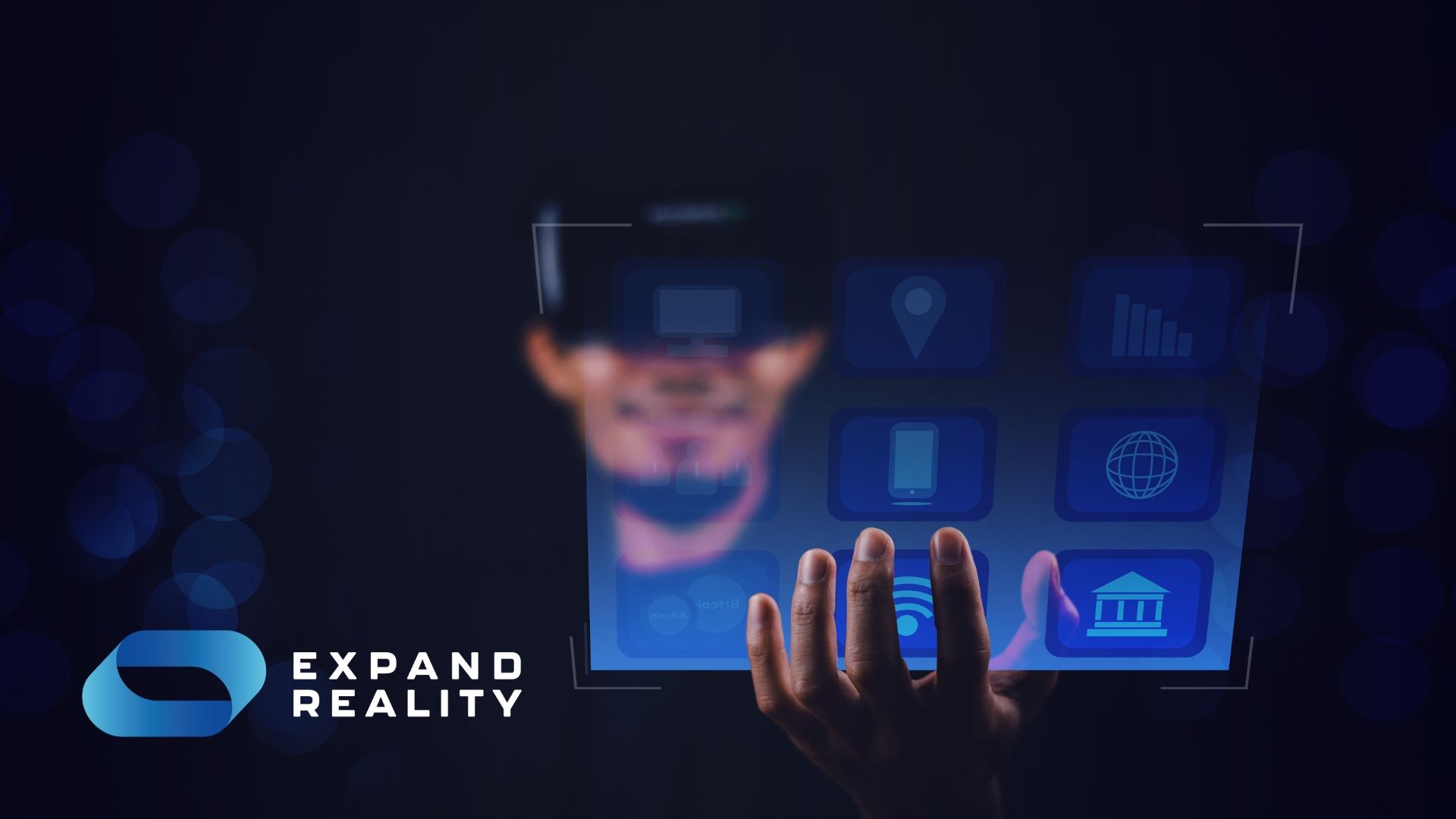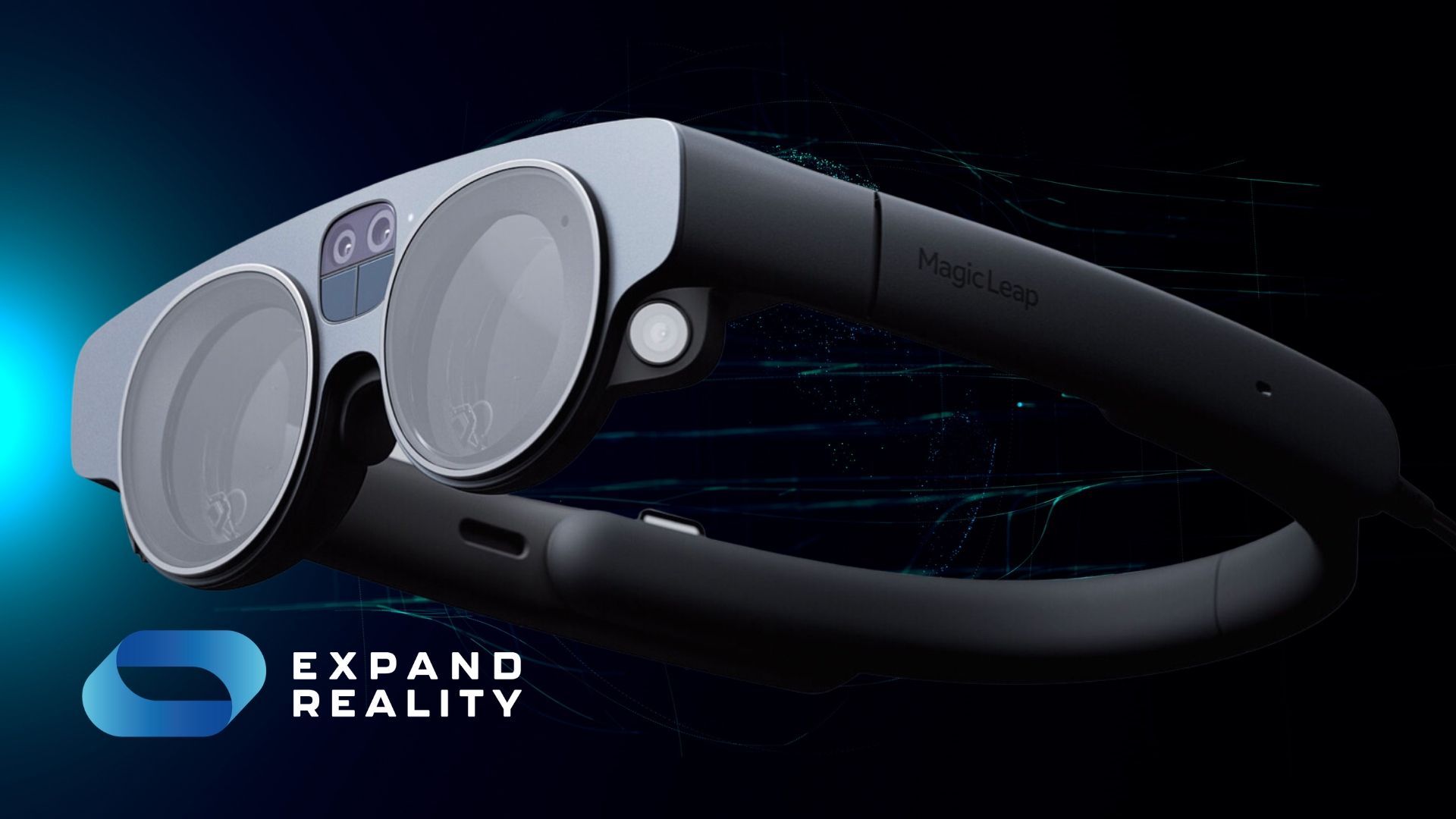hello@simplyvideo.io
More business use cases for the Metaverse
The Metaverse is more than just a virtual hang-out – it's big for business too. Join us as we explore 3 unique use cases for companies in the Metaverse.

As more tech companies are investing in their versions of the Metaverse, businesses are wising up to its potential.
Champions of the Metaverse believe the platform has limitless applications for the corporate world. It has, they say, the potential to speed up recruitment and onboarding, facilitate B2B collaborations and bring businesses closer to their customers than ever before.
But what does the business world think? PwC
conducted a survey of business leaders to find out their thoughts on the "sequel" to the internet. Its study found that:
- 36% thought that the Metaverse would "revolutionise" business
- 33% thought it will be useful as a social media platform
- 22% thought it will be the next version of the internet
- 5% thought nothing will come of it
- 4% were undecided
It's clear that the Metaverse is being taken seriously by industry execs. So let's take a look at some real-world examples of business use cases within the Metaverse to find out how this technology is being used to add utility and value and increase customer engagement.
(Missed our first blog post on the subject? Check it
here.)
Onboarding
One of the lasting trends set by the 2020 pandemic is an increase in remote and hybrid working. Since 2020, those numbers have dropped steadily but still remain higher than before the pandemic. A 2022
parliamentary report found that 13% of the British workforce continue to work from home – and many more maintain a hybrid approach to work.
Employee relationships and a healthy work environment are core pillars of a happy and productive workforce. This is especially important when onboarding new workers, ensuring they feel welcome and part of a team.
Within remote and hybrid workplaces, this becomes especially difficult. However, the Metaverse presents some dynamic use cases for business onboarding. Through the application of AR and VR, employers can onboard virtually, providing site tours and immersive team conferences.
In the PwC study, 42% of surveyed businesses intended to use the platform for onboarding and training. In fact, it topped the list of potential use cases.
How will this work in practice? Let's explore an example.
BMW Group has created a complete digital replica of a "future factory" with NVIDIA's 3D collaborative Metaverse platform, Omniverse. These simulated factories are being used by BMW as a movable template to test and restructure ground plans where needed.
New employees can better understand the culture of the company through an innovative VR experience. Existing staff, meanwhile, get the chance to operate "digital twin" robot workers to test new workflows.
Product design and engineering
It will come as no surprise to you to find that a lot of the applications covered here are multifunctional. The example of BMW's "digital twin" factory is a case in point. The Metaverse provides a perfect sandbox for designers and engineers to test ideas in a virtually endless array of permutations.
The consensus seems to be that some companies will start to migrate to the Metaverse and reorient their business to target virtual consumer markets. Clothes designers will begin experimenting with outlandish outfit ideas destined not for the high street, but for virtual stores and even virtual catwalks.
Take the example of the Metaverse Fashion Week (MVFW), a virtual fashion convention hosted by Decentraland. The event sees consumers and brands come together to experience the latest in fashion while buying, selling and trading "digital twin" wearable NFTs.
It's a hotbed of activity – a tentpole event showcasing the latest developments and exploring the potential for Metaverse interoperability (the ability to migrate and exchange collections across multiple Metaverses).
This year's MVFW brings together several XR developers – from Spatial, which creates collaborative 3D spaces and the AR platform Over, to DressX, a "metacloset" for digital clothing.
Engineering and architecture are also reaping the potential of the Metaverse. For businesses in these verticals, it provides a collaborative virtual environment that brings together 3D modelling, interactive data visualisation and conversations. One such platform demonstrating the value of the Metaverse is
The Wild.
The Wild is a VR/AR platform that specialises in 3D prototyping and design reviews. In a nutshell, it helps design teams work remotely and eliminate the need for in-person design review meetings by reproducing 3D virtual models of their projects.
Clients and stakeholders can be transported to these spaces remotely through VR, empowering designers to communicate their ideas directly and ultimately speeding up project completion and design-to-construction timelines.
Tourism
Now, we know what you're thinking: "family holidays in VR?". Not quite. VR presents tourists with the equivalent of a "try-before-you-buy" option. It's intended to encourage real-world travel, not replace it.
At the consumer end, think of VR travel as a more immersive Google street view. You can be transported via the Metaverse to anywhere on the planet and explore its sights. For those less able to travel, this offers a unique opportunity to view the world. And for others, it's a great way to test the (digital) waters before choosing their next holiday.
But at the business end, the Metaverse offers a plethora of applications to services that can boost value within the tourist industry.
Hotels will be able to offer virtual tours of their properties, allowing potential guests to view their facilities and giving hotels that adopt the technology an edge over their competitors.
Taking the concept even further, Singapore-based Millennium Hotels and Resorts were the first hospitality chain to create a hotel for the Metaverse, located by the Genesis Plaza at the centre of Decentraland.
According to the company, M Social Decentraland will be a "place for explorers to discover new experiences and connect with like-minded travellers". The virtual hotelier offers engaging tours and the chance to win real-world prizes.
But virtual bed and breakfast isn't the only thing hotels are using the Metaverse for. MGM Resorts is adopting VR to help with onboarding. The travel firm is using the technology to simulate challenging customer service scenarios and get new staff acquainted with the business.
Ready to take advantage of the many business opportunities within the Metaverse? Browse our online
XR shop and equip your business today!

Contact Us
Connect global teams. Collaborate with remote experts. Streamline processes and unlock cost savings with industry-ready extended reality technology.
Contact Info
hello@expandreality.io
Gemini Business Park
Sheepscar Way
Leeds
LS7 3JB
All Rights Reserved | Expand Reality







